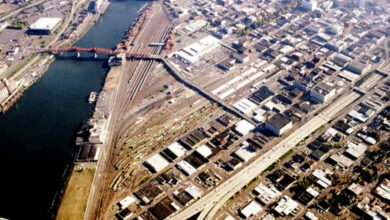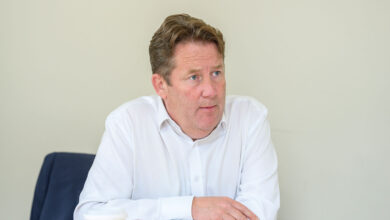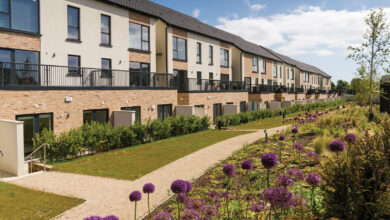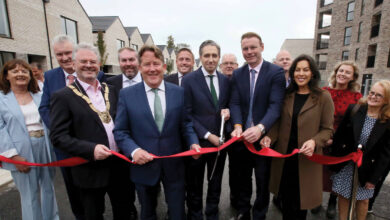Co-operative Housing- supporting integrated delivery
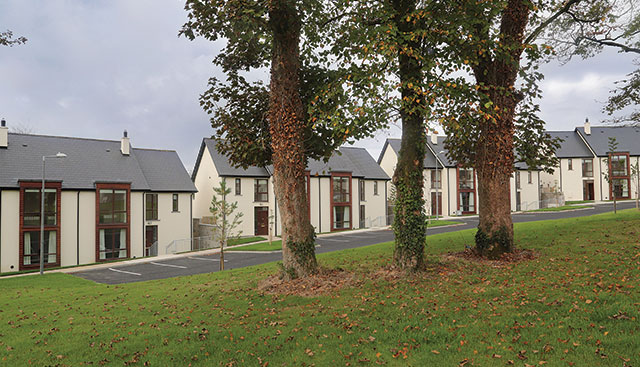
Co-operative Housing’s Ireland’s Director of Development, Geoff Corcoran sets out how the self-help movement is helping local people work together to build better communities.
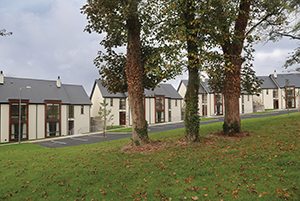 The scale of the current housing crisis means that the full range of resources need to be brought to bear in responding to pressing housing need. From housing our growing student populations to meeting the specialist needs of an ageing population, integrated approaches to housing delivery are increasingly required. Co-operative housing is an Irish self-help movement that has more than forty years’ experience of helping local people work together to build better communities.
The scale of the current housing crisis means that the full range of resources need to be brought to bear in responding to pressing housing need. From housing our growing student populations to meeting the specialist needs of an ageing population, integrated approaches to housing delivery are increasingly required. Co-operative housing is an Irish self-help movement that has more than forty years’ experience of helping local people work together to build better communities.
Co-operative Housing Ireland is the national federation for the movement, formed as NABCO in 1973. An Approved Housing Body in its own right, the organisation currently manages 2,000 units of co operative social rented housing across Ireland. As a representative body, it also helps local communities to form their own co-ops and to meet their own housing needs.
At present, Co-operative Housing Ireland is progressing a variety of different approaches to tackling the housing crisis. The key strand of provision continues to be the delivery of new social housing to rent. The organisation is committed to playing its role in meeting delivery targets for social housing and is progressing a number of projects across the country including:
• in partnership with NAMA’s special purpose vehicle, NARPS, delivering social housing across Ireland including 75 homes at Fruithill near Carlow;
• working with a local contracting firm, supporting the phased delivery of 38 new homes at Hunter’s Green in Gorey Co Wexford;
• progressing direct construction of new social housing including 39 high quality apartments at Richmond Road in Drumcondra, Co Dublin.
Alongside traditional social housing, Co-operative Housing Ireland is committed to supporting communities to meet their housing needs in the manner that best fits their resources. The organisation was formed to support local groups to provide their own housing for ownership through the co operative model. More than 3,500 homes have been provided by self-help groups in small co-operative schemes around the country since 1973.
In response to the current affordability crisis in urban areas, new home ownership co-operatives are starting to emerge. In Loughlinstown, in Dun Laoghaire Rathdown, a group of eight households will shortly apply for planning permission to build their own homes on a site provided by the County Council.
Further groups are currently being supported by Co-operative Housing Ireland to bring forward proposals across the whole range of housing need:
• in Munster, a community group is developing a housing solution to provide supported housing options for older people;
• pilot projects for two student housing co-operatives are being brought forward by local groups with support from Co operative Housing Ireland;
• co-housing, where smaller accommodation units are provided as part of a larger development with shared facilities is a model that is being actively progressed by a co operative group in Ireland’s midlands.
The distinctive contribution of the co-operative model is in making residents of all tenures shareholding members of the same local co-operative vehicle. This creates a powerful tool for community engagement and integration. Local members meet together to discuss shared issues and elect their own governing committees to have oversight of the quality of housing management.
The long-term success and sustainability of housing projects, and communities, requires the continued commitment of the diverse range of local people. The co-operative model has a track record of delivering and sustaining successful places.
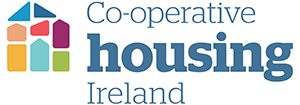 Geoff Corcoran, Director of Development
Geoff Corcoran, Director of Development
Co-operative House
33 Baggot Street Lower, Dublin 2
Email: geoff.corcoran@cooperativehousing.ie
Tel: 00 353 (1) 661 2877
Web: www.cooperativehousing.ie


